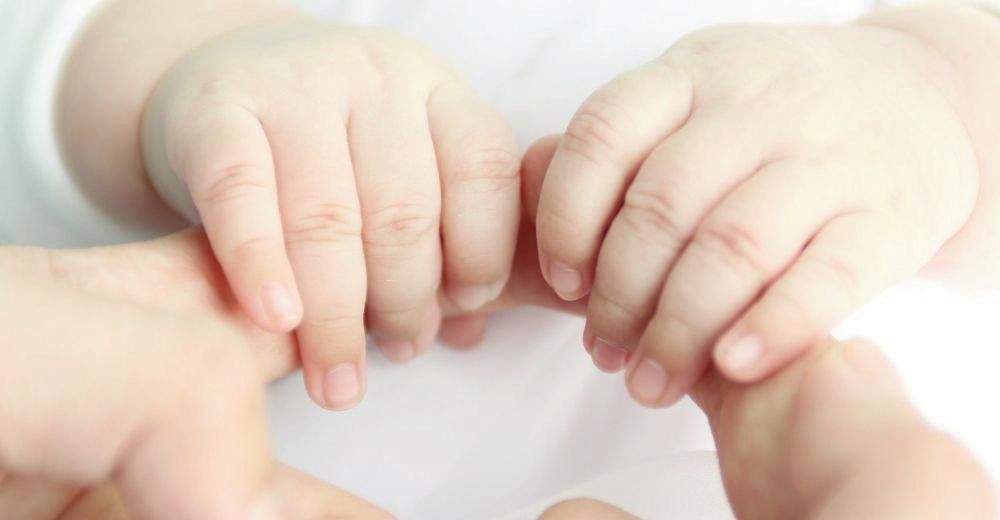There are many emotional and financial resources available to help you care for your child with a birth injury
TOP 8 RESOURCES FOR PARENTS WHO HAVE A CHILD WITH A BIRTH INJURY

Did you know that 30,000 infants are born each year with a birth injury? 1
BY MARK MCKENNA
Parenting is a challenging journey in itself, but when a child faces a birth injury, the path can become even more daunting. Coping with the emotional, physical, financial, and logistical challenges can be overwhelming and even scary. However, you aren't alone in this journey. There are numerous resources available to help you navigate the complexities of caring for a child with a birth injury. Below, we explore some of the top resources that can empower and support you as you raise your child.
WHAT IS A BIRTH INJURY?
A birth injury refers to any physical harm or damage that occurs to an infant during the process of childbirth or shortly after. These injuries can result from various factors, including medical complications during labor and delivery, the use of medical interventions such as forceps or vacuum extraction, or the baby's position during birth.
Birth injuries can range in severity from mild to severe, and they can have both short-term and long-term consequences for the child's health and development. In cases where medical negligence or improper medical care is a contributing factor, you can pursue legal action to seek compensation for your child's injuries and associated medical expenses.
Several common types of birth injuries include:
- Cerebral palsy: Cerebral palsy is a group of neurological disorders that affect movement and muscle coordination. It can result from brain damage or abnormalities that occur before, during, or shortly after birth.
- Preeclampsia: This complication is characterized by high blood pressure during pregnancy and, if not treated immediately or correctly, can result in brain damage or cerebral palsy.
- Hypoxic-Ischemic Encephalopathy (HIE): HIE is a condition caused by reduced oxygen and blood flow to the baby's brain during labor and delivery. It can lead to brain damage and neurological deficits.
- Fractures: In some cases, infants may experience bone fractures during delivery, typically involving the collarbone or clavicle. These fractures usually heal with proper medical care.
- Intracranial hemorrhage: This refers to bleeding within the baby's brain, which can occur due to trauma during delivery or other medical complications.
- Facial nerve injury: This injury involves damage to the facial nerve, which can lead to facial paralysis in newborns, often from pressure or trauma during delivery.
- Infections: Infections acquired during birth, such as Group B Streptococcus or neonatal sepsis, can lead to a range of health issues for the newborn.
- Brachial plexus injury: This type of injury involves damage to the network of nerves controlling the arm and hand muscles. It can occur when excessive force is applied during delivery, leading to conditions like Erb's palsy or Klumpke's palsy.
Birth injuries can be devastating for you, your family, and your child. Healthcare providers, including obstetricians, nurses, and midwives, are trained to minimize the risk of birth injuries, and provide appropriate care during labor and delivery. In cases where a birth injury is suspected to be the result of medical negligence or improper care, you can take legal action to seek justice and compensation to cover your child's medical expenses and long-term care needs.
It's crucial to consult with legal experts and medical professionals to determine the specific circumstances surrounding a birth injury, and the options for addressing it.